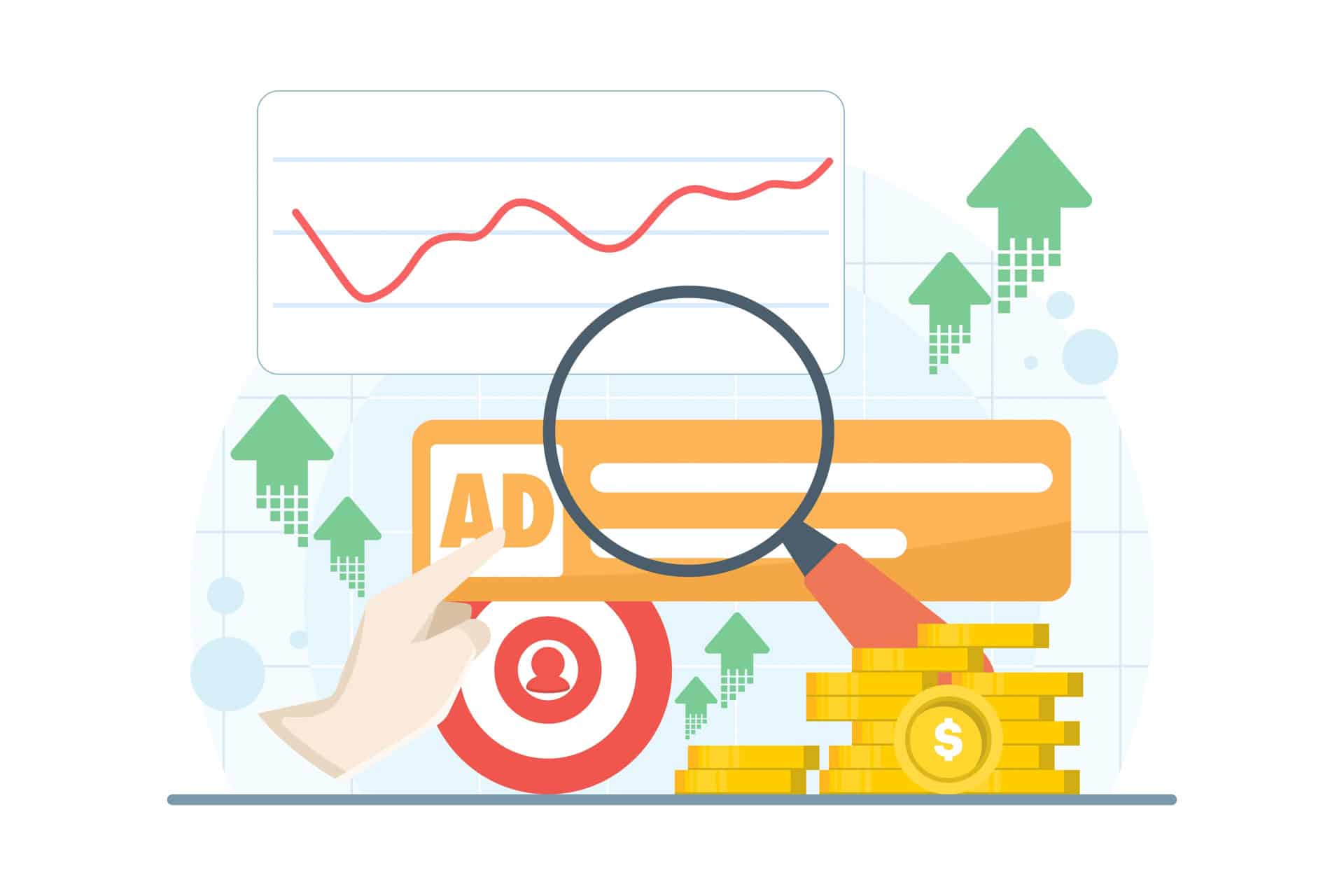If you are looking to increase your website traffic and visibility, consider blogging. According to HubSpot Academy, the average company that blogs has 55% more website visitors than companies who do not blog. Blogs are extremely valuable to your website in many ways, but the main benefits they offer are major growth to your SEO quality score and positioning your website as a relevant search response to your customer’s questions or topics of interest.
In our latest blog, we will highlight the various advantages adding blogs to your website offers to your SEO score.
WEBSITE VISIBILITY
Studies have found that adding new content to your website, such as blogs, can increase traffic up to 2,000%. This means that every time you add a new blog, it is ultimately a new page that will improve your website ranking and visibility. Create blogs that will entice your target audience and let your customer’s questions be your blog topics, making the reader feeling understood, heard, and wanting to read more about your company via your website from that one blog. Like most marketing strategies, blog creation will need to be done constantly and consistently to see traffic growth. Also, make sure to create internal links to pages already on your website, which can further help with website authority and ranking.
THE KEY TO BLOGS – KEYWORDS!
Before your write any blog, do your research and, most importantly, find your keywords.
Keyword research provides important insights into the queries that your target audience is searching on Google. By doing this not only are you discovering potential blog ideas, but you’re also finding out what your target audience are truly concerned about in your industry. Unsure where to find these keywords? No problem – there are endless tools like Google Ads keyword planner (if you have a Google Ads account), Moz, Ubersuggest and Semrush.
Once you find your top keywords, target them in your blogs as much as you can while keeping it natural, which will increase your website traffic. A target to aim for might be to include your main keyword 3-5 times in a blog, and make sure it’s part of your blog title.
A GOOD BLOG WILL KEEP READERS ON YOUR WEBSITE FOR LONGER
Keep in mind that Google’s focus is to give people what they are looking for, so that they will come back to Google. Our goal when we write blogs is the same. If your blog is filled with the right keywords, related to search queries, and filled with internal links to other helpful pages on your website, this will keep the reader engaged and, on your website, longer.
Writing engaging blogs also means that when someone clicks on a result and stays on the website for a while, it signals to Google that the website is extremely helpful. This is great insight for their SEO ranking algorithm, pushing your website up the page for those search queries. Your blogs should focus on a goal like Google’s when it serves a page of search results – they should be valuable and filled with user-friendly content.
ATTRACT INTERNAL AND EXTERNAL LINKS
According to 65% of marketers, link building is the most difficult SEO tactic to perform, but you need tons of high-quality backlinks from reputable websites to rank on Google. Backlinks are a nod to the search engines that the content on your site is excellent quality and relevant.
You can think of backlinks as real-world word-of-mouth referrals – they say, “this content is useful.” Backlinks are simply links from other websites that point to your website. Blogging is the easiest way to produce backlinks. If you write a quality article that provides significant value to readers, you will get a ton of links from other sites interested in your content. This is a wonderful way to improve your website ranking, so create articles worth sharing and reading!
To conclude, blogging and SEO go hand-in-hand. Without blogging, it is difficult or impossible to consistently increase website traffic, increase the count of keywords on your website and inbound links, and, ultimately, your SEO ranking.





